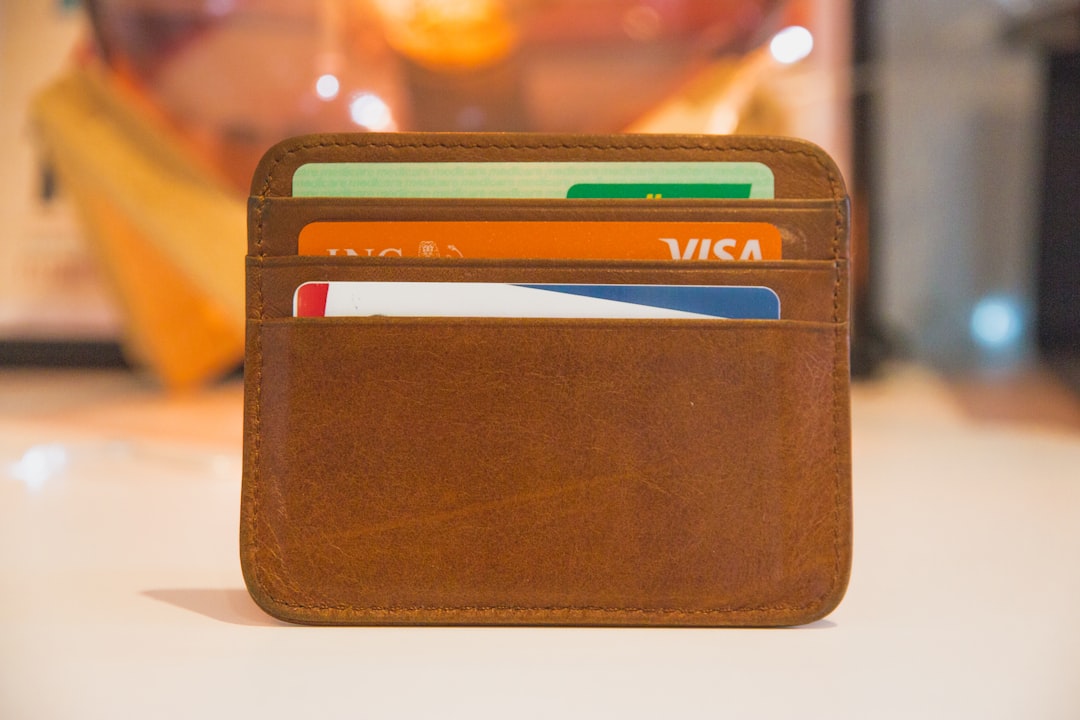Originally posted on https://www.thefrugaltoad.com/personalfinance/prepaid-cards-for-teens-good-idea
As a parent, one of the last things you want for your child is to see them saddled with debt and struggling to manage their finances. Debt is an integral part of modern life and is necessary to finance large purchases such as a college education, a home, or a new car. According to a recent study by Sallie Mae, nearly 56% of college students have a credit card and 60% of them have one for the purpose of building credit.

Building credit is important but how do you know if your child is ready to handle the responsibility of a credit card? Some teenagers think that a credit card is like an ATM that gives them free access to their money which is where the problem begins.
Teaching Your Teen to Manage Spending with a Pre-paid Card
As a parent and a teacher, I have always felt that the best way to teach is by modeling the behavior you want and then let your child(student) try it on their own.
Young Teens (11-14)
A prepaid card is a great way to introduce the concept of credit cards to your teen without all the risks associated with a credit card.
Explain to your young teen how a credit card works and how much in additional fees and interest you will pay if you do not make the required payments or do not pay off the balance monthly. I recommend using an App like FamZoo which allows parents to supervise the families finances. All of the families prepaid cards are linked to the parent’s account, which serves as the funding source. Parents can easily monitor their child’s spending activity, setup categories to track spending and savings goals, schedule automatic pay for allowances and chores, deduct IOU’s and even create incentives to reward saving and spending goals.
The first thing to do is to compare prepaid cards and then choose one that meets your needs. As a parent, you can open up a prepaid debit account for your teenager and then transfer a specific amount of money to it and then give the pin code to your kid. Your teen will gain experience in managing their expenses, and this will help you in teaching him some financial responsibility.
The main con of a prepaid card are the fees that you have to pay on top, but these fees are worth the benefits.
Once your younger teen has mastered how to use a prepaid debit card responsibly, it’s time to introduce them to credit cards.
Older Teens (15-18)
For older teens, parents can add their child to an existing credit card as an authorized user. This a great way to maintain control and help your child begin to build a credit history. The obvious down-side risk to this is that you are co-signing for your teen and will be responsible for any charges to the account.
Learning how to use credit responsibly is an important financial skill your teen needs to learn to avoid debt problems later in life. If your teen tends to spend impulsively, giving them access to credit without close supervision is likely setting them up for failure.
Closely working with your child from an early age and teaching them basic financial literacy will prepare them for the responsibilities that come with handling credit properly.
Young Adults (18+)
A secured credit card is a good option for young adults with verifiable income if under the age of 21.
A secured card is a card that has a spending limit, typically between $300 and $500, and is secured by a deposit. A secured card works just like a regular card with charges appearing on a monthly statement along with a required minimum monthly payment and any associated fees.
When shopping for a secured credit card, look for one that reports to credit bureaus as an unsecured card, has lower interest rates and fees. Secured credit cards typically have higher interest fees which reinforces the the need for your child to pay off balances monthly and to manage spending.
The Takeaway
Yes, prepaid cards for teens is a great way to introduce your teen to the concept of credit. Once they demonstrate they can manage their spending responsibly, adding them to your credit card can prepare them for eventually getting a secured credit card.

